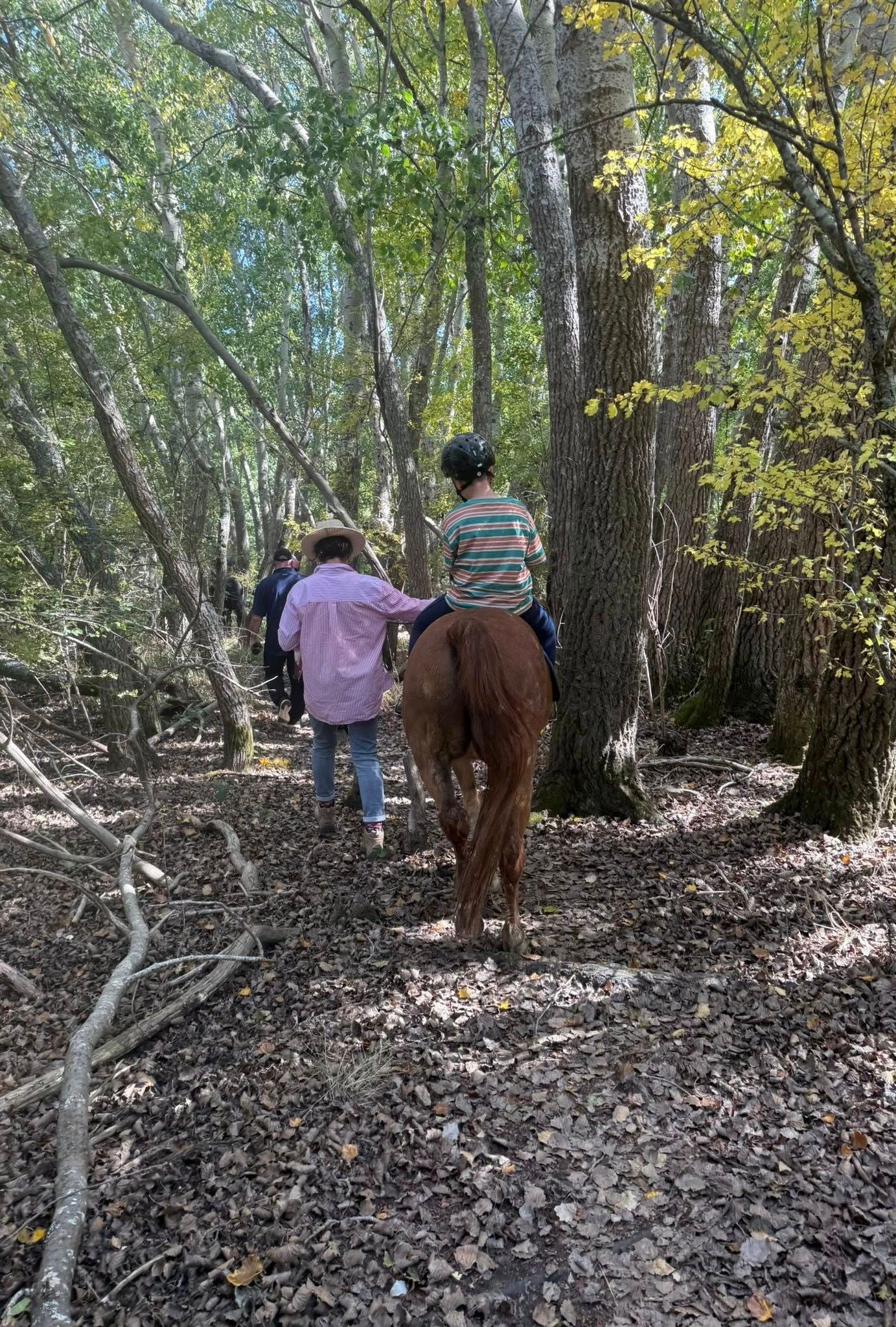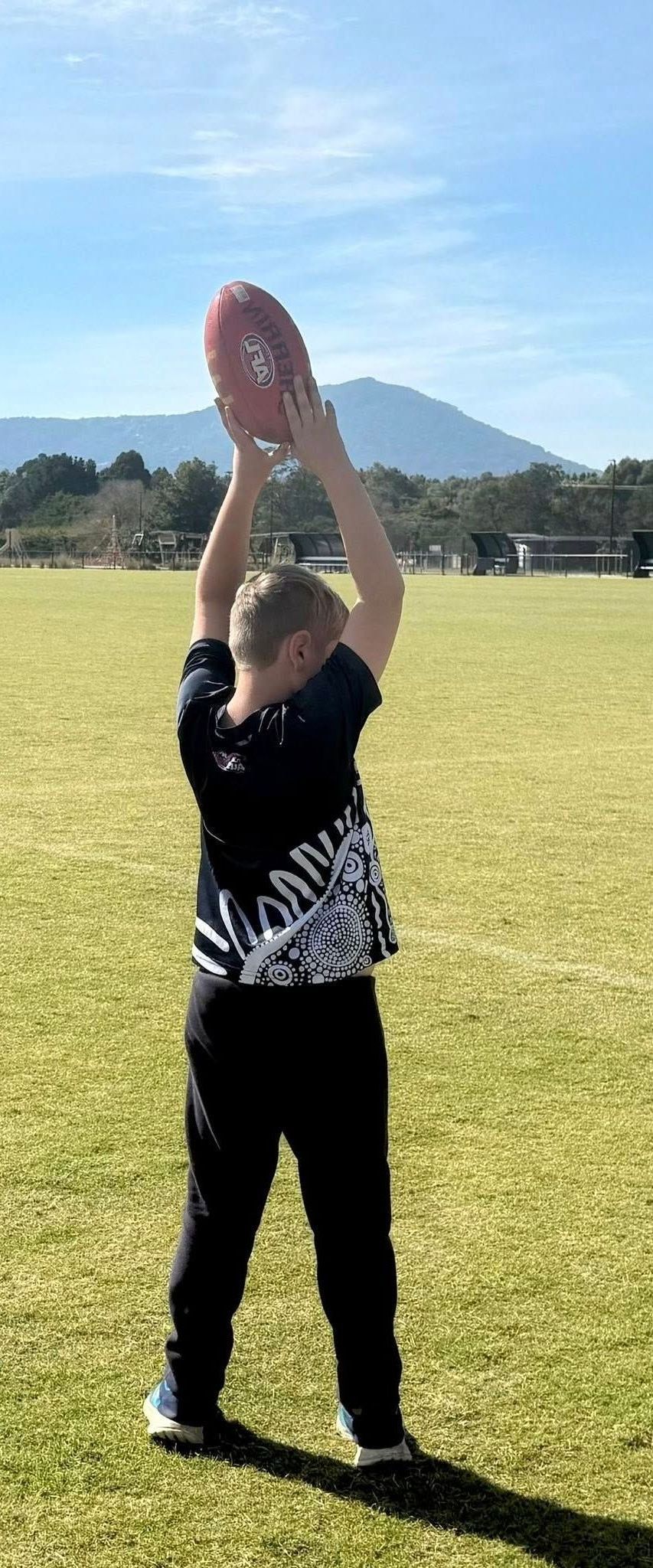SPINAL CORD INJURIES
LIFE AFTER A SPINAL INJURY — WHAT NO ONE TELLS YOU
A spinal cord injury flips life upside down in seconds. The body changes, mobility is different, and everyday tasks become complicated. It’s not just physical—mental health takes a hit, too. Trauma, PTSD, and depression are common. Support isn’t just about care; it’s about rebuilding life in a way that makes sense.

THE BIGGEST MISTAKES THAT CAN SET YOU BACK
Spinal injuries affect everything—the nervous system, skin, bladder, bowel, and muscles. The wrong care can lead to complications, infections, or worse.
Support workers need to know exactly what they’re doing.
That means understanding how to prevent pressure sores, manage continence, use hoists safely, and help with mobility.
THE HIDDEN RISKS OF POOR SPINAL CARE
Without proper care, spinal injuries lead to severe complications.
Pressure sores develop, infections become common, and mobility worsens.
The right approach stops these problems before they start.
"When clients know who to expect, they can relax. No surprises. No stress. Just care that feels natural and familiar." - Sharon

PRESSURE SORES — THE ONE RISK YOU CAN'T IGNORE
People with spinal injuries spend a lot of time sitting or lying down. That’s where the trouble starts. Skin breaks down fast when there’s no movement. Pressure sores can go from small red spots to deep wounds in no time. Here’s what helps: regular position changes, proper cushions, and checking for redness early. Good hygiene and skincare also help prevent infections. Ignoring pressure care isn’t an option. Wounds take months to heal and can become life-threatening. The right care stops problems before they start.
CONTINENCE AND CATHETER CARE — THE SIDE OF SPINAL INJURIES NO ONE TALKS ABOUT
Bladder and bowel control changes after a spinal injury. That means catheters, scheduled toilet breaks, and careful monitoring. The wrong approach leads to infections, kidney damage, and discomfort. Good support means keeping catheters clean, helping with bowel programs, and making sure hydration stays on track. Frequent infections and unexpected accidents are avoidable with the right care.

BOWEL CARE — KEEPING THINGS RUNNING SMOOTHLY
Bowel routines are a daily priority. Some people need manual stimulation, others need enemas or medications. Nutrition plays a big role, too. Fibre, water, and the right diet keep things moving.
WHAT YOU EAT MATTERS MORE THAN YOU THINK
The right diet prevents constipation and helps bowel programs work smoothly. Fibre-rich meals and proper hydration keep things running. Sticking to a set routine helps train the body.
HOISTS — ONE WRONG MOVE CAN LEAD TO DISASTER
Transferring from bed to wheelchair sounds simple, but it’s risky. A bad lift can cause falls, fractures, or muscle strain. That’s where hoists come in. But using them correctly is key. Safe transfers need the right hoist for the job, proper training, and clear communication with the person being lifted. Done right, hoists make moving safe and stress-free. Done wrong, they cause injuries.

MOBILITY EQUIPMENT — THE RIGHT SETUP MEANS MORE FREEDOM
Wheelchairs, walkers, and standing frames aren’t just tools. They’re freedom. Using them properly takes knowledge. A good support worker makes sure wheelchairs fit properly, assists with transfers safely, and keeps equipment in top shape. Broken brakes or loose parts lead to accidents. Getting mobility right means fewer falls and more independence.
ARE YOU GETTING THE RIGHT HELP FROM SUPPORT WORKERS?
Not all carers are the same. The right support makes life easier, the wrong one makes it harder. Here’s what to look for:
- Experience with spinal injuries: They should understand the body inside out—nerves, muscles, skin, and mobility.
- Understanding of trauma and PTSD: Life changed overnight. That takes an emotional toll. Support should be patient, calm, and respectful.
- Knowledge of injury prevention:
Preventing infections, pressure sores, and accidents is key. The right support stops problems before they start.
"We don’t take risks with our clients’ well-being. If we’re unsure, we ask. Simple as that." - Erin

WHY MENTAL SUPPORT MATTERS JUST AS MUCH AS PHYSICAL CARE
Spinal injuries don’t just affect the body. PTSD, anxiety, and depression are common. A support worker who understands this makes all the difference. Living with a spinal injury is tough, but the right support makes things easier. It’s about getting care that fits, from people who truly understand.
THE SUPPORT YOU NEED STARTS HERE
Are you looking for care that actually works? Choose workers who know spinal injuries inside and out. The right support isn’t just helpful—it changes everything.


